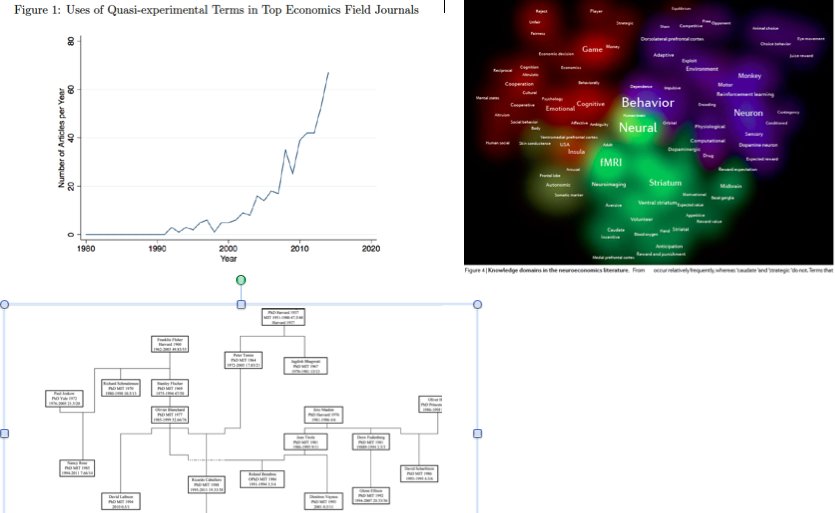Articles
Articles and analyses from the INET community on the key economic questions of our time.

Is it Just a Greek Problem?
In the last couple of months, Greece has once again become the center of attention of politicians, academics, and the general public. The debate has, for a large part, focused on Greece’s fiscal deficit as if it were just a self-inflicted Greek problem. But is it?

Latest Institute Grants Announced
The Institute for New Economic Thinking has awarded $2 million in grants to fund 21 different projects as part of the latest round of its research grant program.

Rising Inequality is Holding Back the US Economy
A four percent growth goal for first term of the next president is not only possible, but is what we should strive to achieve.

The Charleston shooter has been arrested, but the true killer remains at large
Inequality, racism, and violence are the real killers in America.

Is There a Quantitative Turn in the History of Economics (and how not to screw it up)?
The (very) recent rise of quantitative analysis in history of economics working papers calls for a closer examination of the prospects and limitations of this approach, and of the impediment to its large-scale development.

History of Economics on the Making
New topics and approaches make their way into two recent conferences on the history of economics

America’s Competition Fetish Kills Creativity and Produces Human Sheep
Margaret Heffernan on her latest book, A Bigger Prize: Why Competition Isn’t Everything And How We Do Better
New Climate-Economic Thinking

How to Recognize New Economic Thinking
The Institute for New Economic Thinking responds to an evident need for innovative approaches to understanding economic and financial processes.

We Must Lean Over Backwards
Emulate Richard Feynman: Lean over backwards so you do not fool yourself, and teach your students the discipline correctly from the start, rather than teaching them things at the start you will have to unteach them later.
Learning from Karl Polanyi

Draghi’s Doom Loop(s): More than Just the Euthanasia of the Rentiers
The tail risks that may be generated by Mario Draghi’s monetary policy innovations in the Eurozone include even more intense versions of Andrew Haldane’s “Doom Loops”